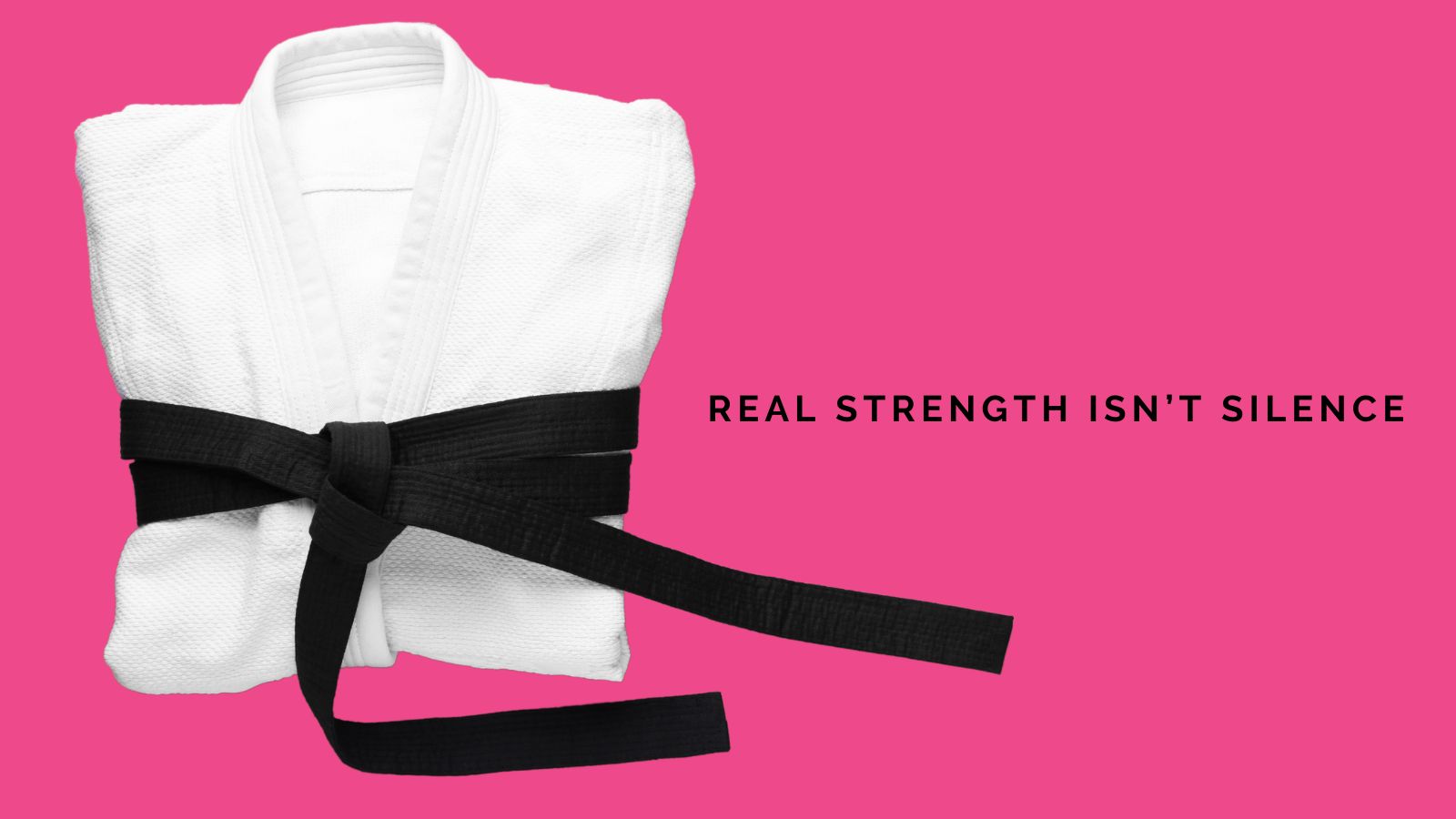
It’s a phrase that rings true across all sports. A season-long battle amongst your peers, and at the end, the team at the top is rightly crowned victorious. Admittedly, in some leagues, finishing top merely secures a place in the next phase — playoffs, knockouts, or further qualifying — but top is still top. You’ve earned your place. You deserve to be there.
The same principle applies to cup competitions, and perhaps never more so than in the UEFA Women’s Champions League — the premier club tournament in European women’s football — which Arsenal WFC have just won. It’s their second triumph in eighteen years, and yet, this one wasn’t supposed to happen.
Before we get to the final against Barcelona, the bookies’ favourites and perennial powerhouses, we need to go back — all the way to before the Champions League proper even began. Arsenal had qualified for the competition by finishing third in the 2023–24 Women’s Super League, but that meant entering the qualifying rounds. Two matches against Celtic of Scotland, followed by a two-legged tie versus Sweden’s Rosenborg, stood in their way. Celtic were comfortably dispatched, but Rosenborg proved more difficult — a 1–0 defeat in Sweden before a rousing 4–0 victory at Meadow Park ensured progression.
So far, so not bad.
Historically, Arsenal Women are the most successful English club in the women’s game. Yet in recent years, aside from some League Cup glory, their achievements haven’t quite matched their storied past. Understandably, they weren’t among the bookies’ favourites.
But the group stage changed that.
Arsenal topped their group convincingly, winning five of six matches and only losing away to Bayern Munich. In the knockout stages — the purest form of pressure football, with home and away legs — Arsenal showed grit and resilience. In both the quarter-final and semi-final, they lost the first leg but came roaring back in the second. Their opponents were no pushovers either. By the time they faced Lyon — second favourites for the title — in the semis, Arsenal were beginning to look like true contenders.
No women’s team had ever lifted the Champions League after starting in the qualifiers. It had only happened once before, in 2007 — also by Arsenal. History was repeating, but the odds were steep. The squad had changed, expectations had not. Yet Renee Slegers, who took over as coach in October and was made permanent in January, brought calm authority and a tactical edge.
Slegers did her homework on Barcelona. She scoured every available piece of footage, data, and analysis. She brought in specialists, consulted with former coaches, and hunted for the few weaknesses in Barcelona’s game — then devised a plan to exploit them fully.
Ninety minutes. One solitary goal. One champion.
Arsenal were crowned winners of the UEFA Women’s Champions League. Of course, it was far more complicated than simply writing, “they won.” The stories behind every player, every coach, every physio and analyst — they will unfold over the coming weeks and months. Books may be written. Documentaries will be filmed. Fans will remember every moment.
But for now, it’s time to celebrate. Time to reflect on a campaign that defied expectation and rewrote the odds. Then, soon enough, it will be time to come together again and fight anew in the 2025–26 season.
Because the league never lies. And now, neither does Europe.
_(26).jpg)
.jpg)







.jpg)








.jpg)




